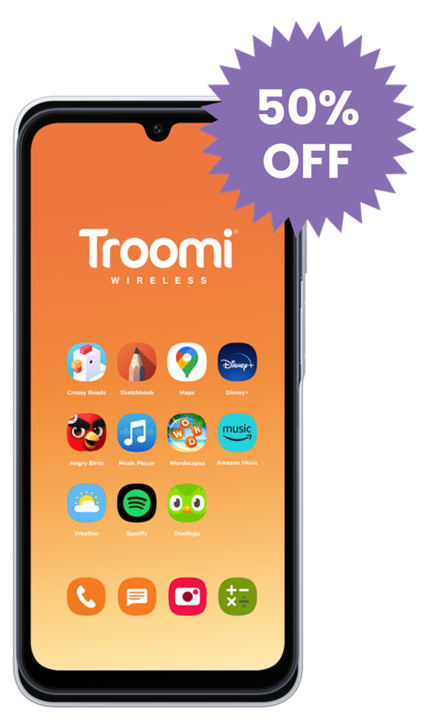If you’ve spent any time as a parent, you’ve doubtless been swarmed with other parents, teachers, or articles advocating reading as a key component in your child’s development and telling you how to motivate your child to read. Reading is a hard thing to call anything but good, but we should figure out how useful it actually is before we start encouraging our children to read.
Let’s talk numbers. In a study by Columbus Metropolitan Library, led by Jessica Logan, they found that 5 year-old kids who never read and only learned words through overhead conversation heard 4,662 words as opposed to kids who read (or were read) 5 books a day, which heard 1,483,300 words by that same age.
Now that is a lot of words.
Reading books to kids also had improvements on the kinds of words heard, with understanding increased around more advanced and diverse concepts. I don’t frequently talk about how whales live in the ocean in daily conversation (although maybe I should). Reading results in an increase in the variety of words learned. This further improves reading skills and comprehension.
Another bonus of reading with children is improving their familiarity with letters, building their dexterity for holding books, and eventually turning paper pages on their own. Each of these skills are pivotal for school and their future lives as adults. Whether or not you like to admit it, reading comprehension is what has enabled you to read this sentence.
“Children the world over delight in stories and start
shaping their own pretend worlds as toddlers.”
-Jonathan Gottschall, The Storytelling Animal: How Stories Make Us Human
All of these academic reasons are all well and good, but one personal delight I’ve found in encouraging reading in kids is introducing them to stories. Children are obsessed with stories, both telling and hearing them. Encouraging children to read introduces them to a wealth of stories, both familiar and new. These stories can teach a lesson, help children feel more included, or pass on family history.
How to encourage reading
You might be thinking, “Great—so I know what to do but how do I do it?” How can parents encourage reading? Here are a few tips:
Find relevant books for relevant ages.
Children do best when they read books appropriate for their age. This doesn’t mean avoiding books with adult content, although they would still be good to avoid. What it really means is finding books with the right reading level for the age group. Board books for babies. Picture books for young kids. Chapter books when they’re ready. These levels keep them engaged and challenged the appropriate amount.
Start reading right away.
There are many benefits to reading to your baby before they even begin experimenting with words. Some parents even start reading to their children in the womb! Let them interact with books, especially board books, and encourage them by reading to them. You can also use that time to be close and cuddle with your baby. Establish reading time, both for you and your kid.
Books or library cards are essential.
Buy them books. Buy them in bulk. Buy hundreds of them. Or don’t, because books can also be expensive. Instead, get a library card from your local library. Most libraries have thousands of unique children’s books. Taking your child to the library can also be a fun activity. There are also reading apps if a library is out of reach, but remember there are benefits for children to physically touch a book.
Use your voice.
Reading out loud is one of the keys to really encouraging your child to read for themself. Children learn by mimicking. Through this, children will hear words, learn words, and eventually use those same words.
Type of books.
When still a little baby, the type of book doesn’t actually matter as much as hearing and watching you read out loud. As they grow, and understand more, find reading material that interests them and you. Each book is an opportunity to learn, laugh, or cry together.
Be Visible.
When not reading out loud to your child, even having them see you read can be just as important in encouraging them to read on their own. Read your own books, comment on street signs, and make sure to be visible.
Remember, every effort you make to encourage your child to read pays off, even if the effects aren’t obvious right away. This encouragement will improve them constantly. As you continue to teach them, your child will grow up healthy, with reading as a tool for their development, and all those wonderful memories of time spent together shared between you.


